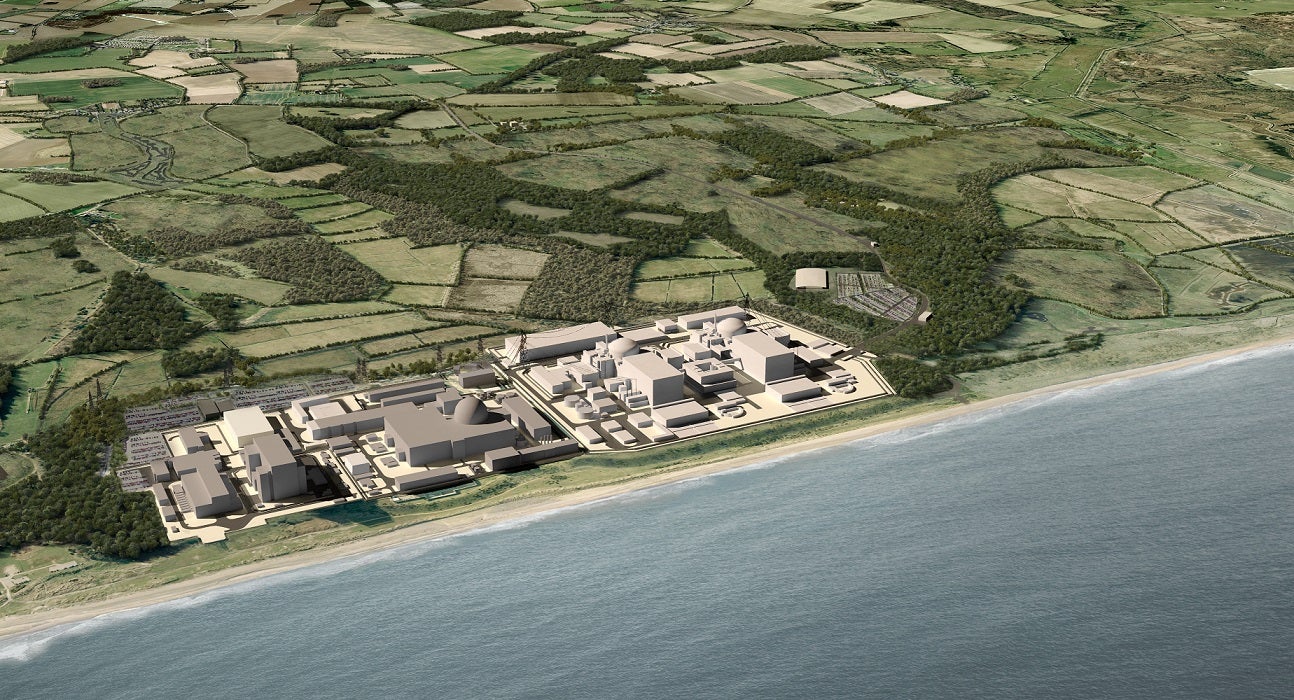
London’s High Court has dismissed a legal challenge over the environmental impact of the proposed Sizewell C nuclear plant, upholding the legality of the project’s approval by the UK government.
In July last year, the UK government approved the construction of the planned Sizewell C nuclear plant in Sizewell, a small fishing village in Suffolk, southeast England.
French utility EDF, which owns a majority share in the project, is expected to develop the project and anticipates both reactors to be operational by mid-2034.
The project is planned to produce around 3.2GW of low-carbon electricity, which is adequate to power around six million homes.
In March, the Campaign group Together Against Sizewell C argued that the government has failed to explore alternatives to nuclear power to meet the emissions targets.
The UK government, which is supporting the project with £700m funding for a 50% stake, argued that it made legitimate planning judgments.
High Court Judge David Holgate rejected the group’s challenge in a written ruling.
The ruling read: “Britain approved the project in line with its energy policy, which aimed to achieve diversity of methods of generation and security of supply”.
Together Against Sizewell C chair Jenny Kirtley told Reuters: “The decision does not signal the end of our efforts. We will examine every avenue of opposition until all are exhausted.”
Justice Holgate said: “The claimant’s argument depends upon an illegitimate attempt to rewrite the government’s policy aims by pretending that the central policy objective is at a higher level of abstraction, namely to produce clean energy, without any regard to diversity of energy sources and security of supply.
“But it is not the role of a claimant, or of the court, to rewrite government policy, or to airbrush objectives of that policy which are plainly of ‘central’ or ‘core’ or ‘essential’ importance.”






